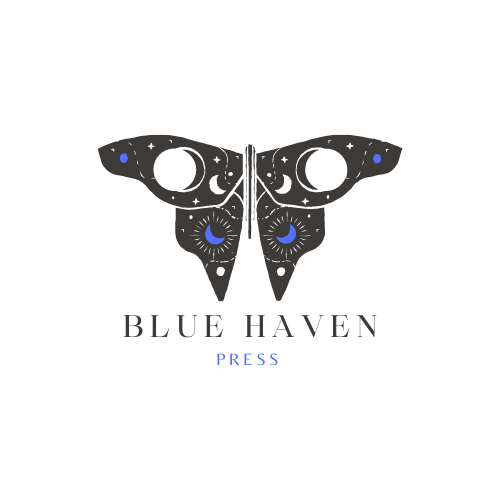Natalie Goldberg was in Vancouver this week promoting her latest book: The Great Spring: Writing, Zen, and This Zigzag Life. I didn’t make it to her reading. I was busy tidying my life via Marie Kondo, holding a yellowing page from the past and asking, “does this give me joy?” Six bags worth did not. A handful did.
In the process, I came across a book review I’d written about Goldberg’s Wild Mind: Living the Writer’s Life (1990). Yes, that’s how many years of papers I’d accumulated. But truthfully, I’d forgotten about writing practice, and really, don’t we all want to live the writer’s life?

Book Review: Wild Mind: Living the Writer’s Life (1990)
A woman writing about being a female artist does not take as much courage today as it did in Elizabeth Barrett Browning’s day, but a woman writing about her life as a Jewish, Zen Buddhist, Lesbian writer is a risky business even in these enlightened days when being out is in. “The mind is the writer’s landscape,” states Goldberg in Wild Mind. This book explores that landscape, traverses unknown territory, crosses boundaries, takes risks, speaks truth, and finds self. Goldberg advocates this exploration through “practice” because for her “writing is the act of discovery.”
Natalie Goldberg has been teaching writing workshops across the USA for the past thirty years. She lives the writer’s life and her voice echoes diverse experiences. She is a poet, painter, and novelist. Wild Mind is the sequel to Writing Down the Bones: Freeing the Writer Within (1985) which sold over a million copies. Both books offer practical solutions to problems Goldberg has encountered in her own life and in the lives of writers who’ve attended her workshops. While Wild Mind is more amusing and less scholarly than Bones, it offers similar support and advice: tricks, tools, techniques, and helpful tales. Now that the writer within has been freed, it is time to begin living the writer’s life.
Goldberg reminds us that good writing allows the reader to know the writer better. Wild Mind offers an intimate peak into her eclectic world: the pastel adobe and mellow mesa of her hometown, Taos; her experiences writing her first novel, Banana Rose; her passionate travels through Hemingway’s Paris; her relationship with Zen Buddhist teacher, Katagiri Roshi. Sensual narratives are interspersed with conversation. We eavesdrop on private interactions and experience the landscape of her mind; and in doing so, trigger our own imaginative powers, discovering forgotten places, aromatic memories, and technicolour dreams.
During writing practice we are free to create without the scrambling, blocking negativity of the conscious editorial voice, the monkey mind. Bottom line rules for writing practice are simple yet empowering:
“Keep your hand moving. Lose control. Be specific. Don’t think. Don’t worry about punctuation, spelling, or grammar. You are free to write the worst junk in America. Go for the jugular.”
Goldberg writes with Buddhist breath and weaves a connecting thread throughout. Both Zen and Wild Mind are ways of living while “having an intimate connection with the world.” Each brief chapter includes a personal anecdote based on a simple theme. Her structure parallels Zen discourse; conceived to inspire a responsive meditation on a word, a phrase, a thought, a feeling. She offers over thirty exercises to get mind, body, and spirit working in unity.
Goldberg strikes a balance between the esoteric and the everyday. Interspersed with Zen concepts, like “being present in the moment” are basic writing rules: don’t use boring abstract words such as nice, interesting, fun, very, really, or because. Writers make statements using active vocabulary; they don’t explain their reasons. They evoke. They entice. Writers have the power to paint blue moons and purple hearts. Writing is passion—a love affair with images and words, rhythm and sensation…bliss. This intermingling of the mystical and mundane creates moments when we are swept in and out of realities:
“We are each a concert reverberating with our whole lives and reflecting and amplifying the world around us. This must be what is meant by the Buddhist saying that we are all interpenetrated and interconnected. But let’s not get too cosmic—stay with the pastrami sandwich in front of your face, the smell of the mustard, the potato chip bags you see on a rack out of the corner of your eye.”
Speaking of pastrami, Goldberg advocates cafe writing. “A coffee date with another writer creates an obligation to attend and focus.” Personally, cafes are too cacophonous for this writer. Perhaps, my mind is not yet wild enough.


Another great one by Natalie is “thunder and lightening.” I haven’t read Living Wild, yet. Sounds awesome!